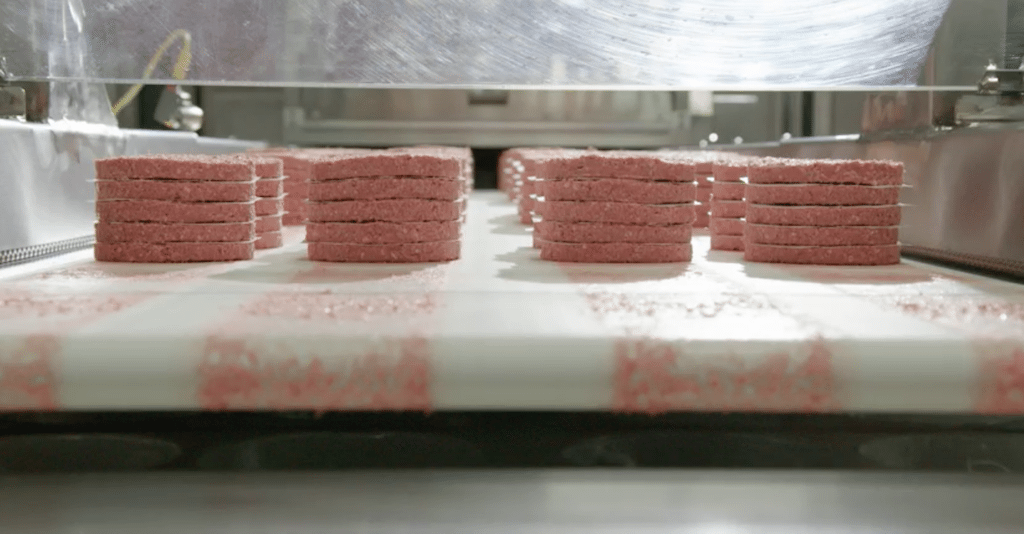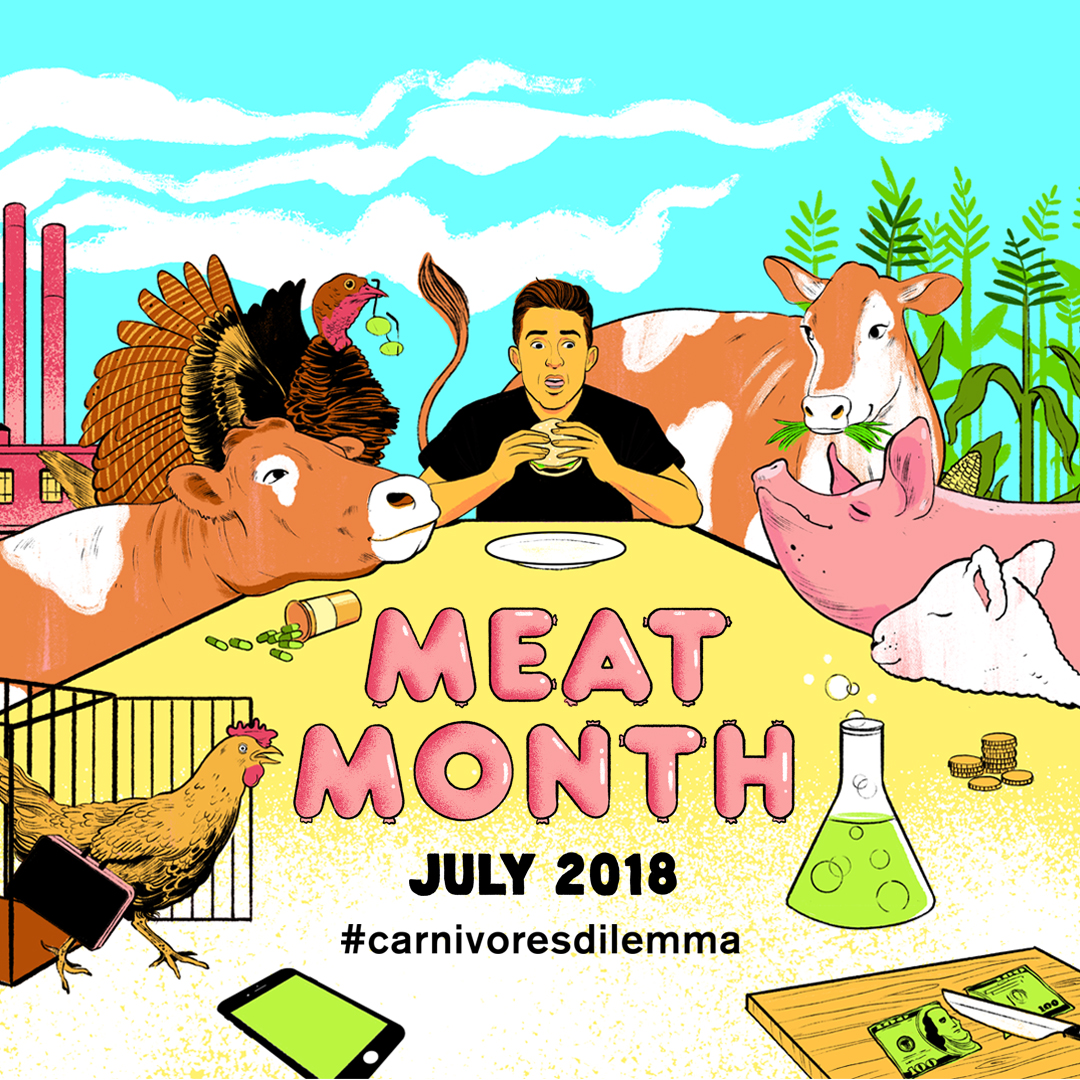As fake meat substitutes proliferate, experts question whether they’re going to have the impacts their makers wanted
It’s been a banner year for the meatless market: One of the world’s top restaurants nixed meat from its menu; food websites are axing beef altogether or cutting back on meaty recipes; and the “alternative protein” sector is, according to one recent report, predicted to capture between 11 and 22 percent of the global meat market by 2035. But a Mother Jones article says the future plant-based innovators envision may not be the one we actually get. Researchers have found that in addition to luring curious meat eaters, alternative proteins like Impossible Burger and Beyond Meat are also attracting vegetarians, who already abide by lower carbon diets. Others hypothesize that should these meat-like substitutes proliferate, there won’t be as large a dent in beef or poultry consumption as one might hope. And despite the halo effect surrounding alternative meat’s lower carbon footprint, health experts aren’t entirely sold on the idea that highly processed meat substitutes, with high amounts of sodium compared to regular beef patties, are all that much better for consumers.





